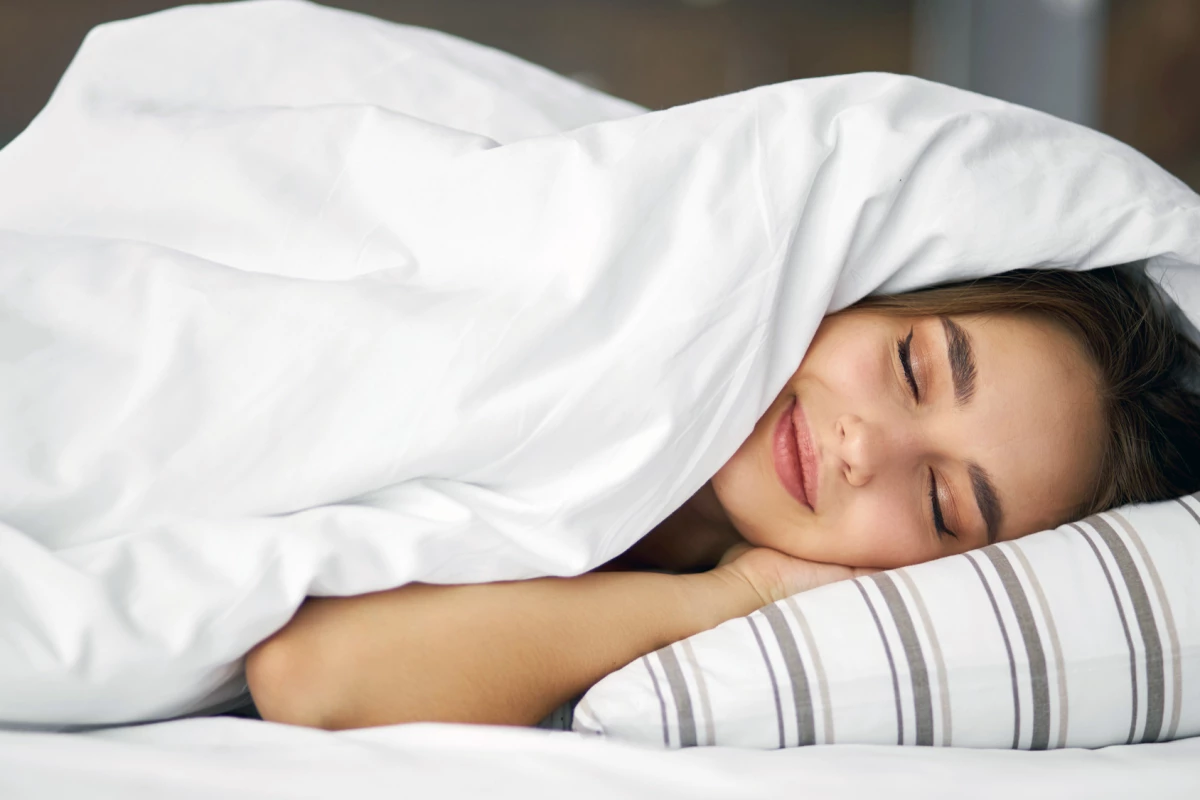Health
Study Reveals Teen Sleep Not Impacted by Screens and Snacks

A study conducted by the University of Otago in New Zealand has found that common bedtime rules for teenagers regarding screen use, snacks, and exercise may not significantly affect their sleep quality or duration. The research challenges long-standing beliefs about pre-sleep behaviors and highlights a need for a reevaluation of current sleep hygiene guidelines.
Researchers focused on whether adolescents adhered to recommended practices that discourage screen time, physical activity, and eating in the hour before sleep. According to Chao Gu, the lead author and a PhD candidate in the university’s Department of Medicine, the study aimed to explore how these behaviors impact sleep by using objective measurement tools, including cameras and wrist-worn accelerometers.
The study involved 83 participants aged between 11 and 15 years old. Over eight nights, the teens wore body cameras, and stationary cameras monitored their bedroom activities. The researchers tracked sleep onset, duration, and quality, while dietary recall was used to note any food or drink consumption before bedtime.
Results indicated that a staggering 99% of participants used screens before bed, with a median screen time of approximately 32 minutes. Although screen usage did not significantly affect total sleep time or quality, it was noted that teens took about 23 minutes longer to fall asleep on nights they engaged with screens.
Additionally, only 22% of the teens reported engaging in moderate-to-vigorous exercise before sleep, and those who did experienced roughly 34 minutes more sleep, although this was not linked to other sleep measures. Regarding food intake, a majority, or 63%, of participants consumed snacks before bedtime. However, no significant relationship was found between eating or drinking—whether caffeine, sugar, or fat—and sleep outcomes.
Gu noted, “Not many teenagers followed current sleep guidelines, but those who did experienced little difference in their sleep.” These insights suggest that the established bedtime rules may be overly restrictive.
While the study could not establish definitive cause-and-effect relationships, it did reveal associations between pre-bed behaviors and sleep quality. Researchers acknowledged limitations, including the socio-economic background of participants and the reliability of self-reported dietary data. The findings advocate for a shift from strict prohibitions to a more balanced approach regarding sleep hygiene.
The study, published in the journal Pediatrics Open Science, indicates a pressing need for further research on sleep habits among adolescents. Currently, the researchers are investigating sleep patterns in a wider age range of 10 to 15-year-olds to refine bedtime recommendations for families.
This significant research highlights the complexity of sleep hygiene and underscores the importance of understanding teen behavior in relation to sleep, rather than imposing rigid guidelines that may not effectively promote better rest.
-

 Lifestyle5 months ago
Lifestyle5 months agoLibraries Challenge Rising E-Book Costs Amid Growing Demand
-

 Sports4 months ago
Sports4 months agoTyreek Hill Responds to Tua Tagovailoa’s Comments on Team Dynamics
-

 Sports4 months ago
Sports4 months agoLiverpool Secures Agreement to Sign Young Striker Will Wright
-

 Lifestyle4 months ago
Lifestyle4 months agoSave Your Split Tomatoes: Expert Tips for Gardeners
-

 Lifestyle4 months ago
Lifestyle4 months agoPrincess Beatrice’s Daughter Athena Joins Siblings at London Parade
-

 Science4 months ago
Science4 months agoSan Francisco Hosts Unique Contest to Identify “Performative Males”
-

 World4 months ago
World4 months agoWinter Storms Lash New South Wales with Snow, Flood Risks
-

 Science5 months ago
Science5 months agoTrump Administration Moves to Repeal Key Climate Regulation
-

 Business5 months ago
Business5 months agoSoFi Technologies Shares Slip 2% Following Insider Stock Sale
-

 Science5 months ago
Science5 months agoNew Tool Reveals Link Between Horse Coat Condition and Parasites
-

 Sports5 months ago
Sports5 months agoElon Musk Sculpture Travels From Utah to Yosemite National Park
-

 Science5 months ago
Science5 months agoNew Study Confirms Humans Transported Stonehenge Bluestones









